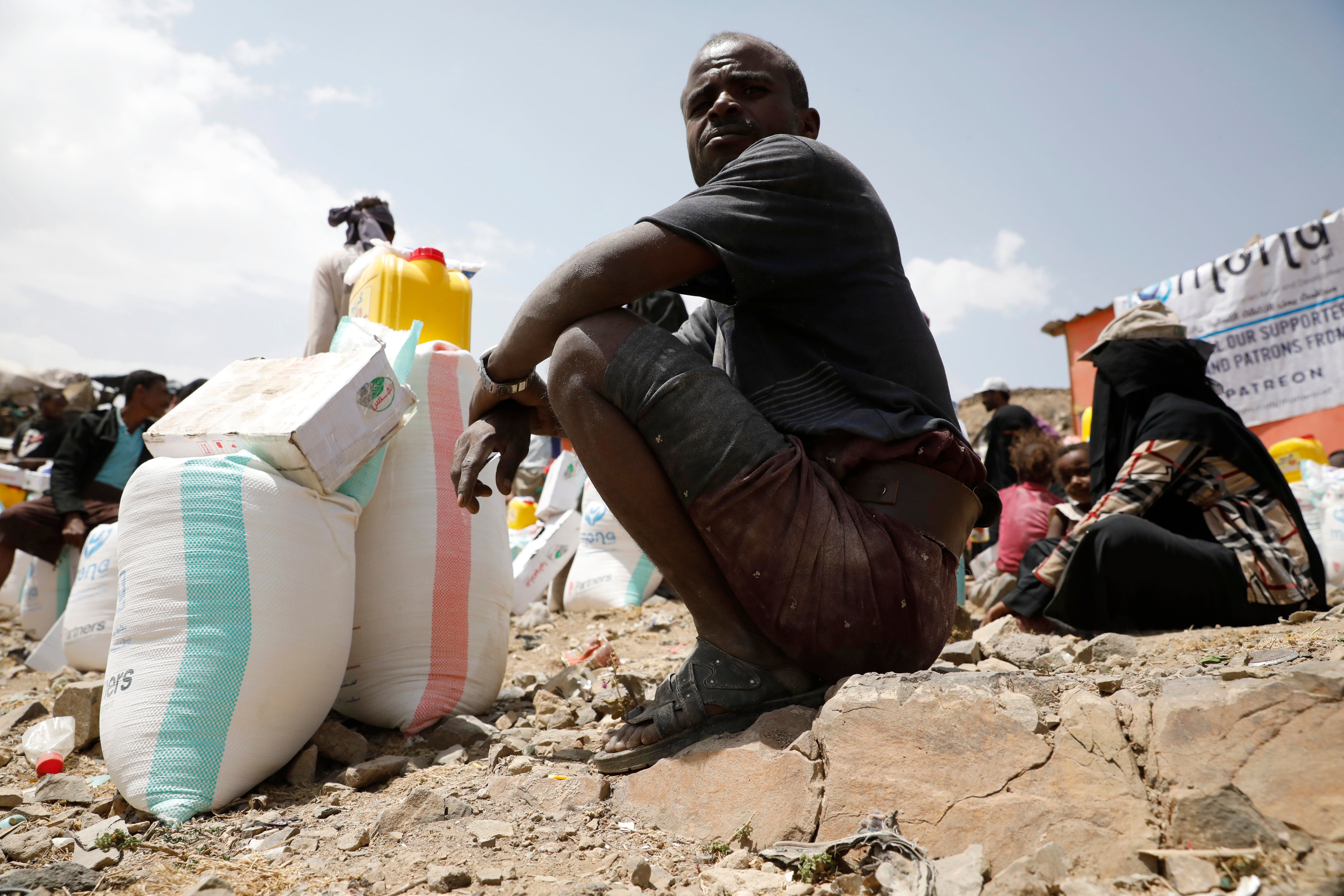MPs granted binding vote on UK’s huge overseas aid cuts in government U-turn

Your support helps us to tell the story
From reproductive rights to climate change to Big Tech, The Independent is on the ground when the story is developing. Whether it's investigating the financials of Elon Musk's pro-Trump PAC or producing our latest documentary, 'The A Word', which shines a light on the American women fighting for reproductive rights, we know how important it is to parse out the facts from the messaging.
At such a critical moment in US history, we need reporters on the ground. Your donation allows us to keep sending journalists to speak to both sides of the story.
The Independent is trusted by Americans across the entire political spectrum. And unlike many other quality news outlets, we choose not to lock Americans out of our reporting and analysis with paywalls. We believe quality journalism should be available to everyone, paid for by those who can afford it.
Your support makes all the difference.MPs have been granted a binding vote on the UK’s huge overseas aid cuts, but threatened with tax hikes and other spending cuts if they defy the government.
In a major U-turn – after months of denying the vote – Commons leader Jacob Rees-Mogg said MPs would, on Tuesday, be able to give “a yes or no answer” on reversing the cuts from next January.
A defeat for the government would mean aid spending would return to 0.7 per cent of national income “in the next calendar year”, he said – having been slashed to 0.5 per cent.
However, MPs were left scrambling to work out the details of the offer now being made, after Mr Rees-Mogg failed to set them out in the Commons.
In a written statement later, the Chancellor Rishi Sunak said the Treasury would only voluntarily return to 0.7 per cent if tests for borrowing and debt had been met.
The independent Office for Budget Responsibility would carry out that assessment, ahead of the cross-government spending review in the autumn.
Mr Sunak said MPs could vote to restore the cuts from 2022, regardless, but with “likely consequences for the fiscal situation, including for taxation and current public spending plans”, he warned.
Pressure had been growing on the government to give way, with Tory rebels confident they would – eventually – find a way to table an amendment to reverse the cuts, with the numbers to win it.
Aid has been slashed by around £4bn a year – breaking a Tory manifesto pledge and, potentially, the law – with no date for restoring the “temporary” reduction, which could be years away.
Boris Johnson was ridiculed for falsely claiming that MPs had been offered a vote two weeks ago – yet had “mysteriously” chosen not to take it up.
In response, former Cabinet minister David Davis warned the government was risking an imminent court challenge, with campaigners ready to launch a judicial review.
In the Commons, Labour’s Thangam Debbonaire said she feared the return to 0.7 per cent “might take a rather roundabout route”, rather than being immediate, if the government lost the vote.
But, when she asked “will international aid go back to 0.7 per cent of gross national income in January 2022, yes or no”, Mr Rees-Mogg replied: “The answer to the last question is yes.”
Sarah Champion, the chair of the Commons international development committee, protested that ministers had failed to set out exactly what vote had been granted.
“This is not democracy, it’s playing political games - with deadly consequences for the world’s poorest,” she warned.
Ex-Scottish leader Ruth Davidson has joined the battle, warning Mr Johnson that the Tories will again be seen as the “nasty party”, as the “horrific pictures” of famine in Ethiopia repel voters.
And ministers suffered the embarrassment of charities and philanthropists, including Bill Gates, stepping in pledge £100m to partially plug a gap in spending on preventable diseases and family planning.
Join our commenting forum
Join thought-provoking conversations, follow other Independent readers and see their replies
Comments